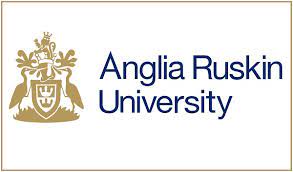Anglia Ruskin University Gets Boost Of £240k To Research Female Veterans’ Healthcare Needs
ARU receives Government funding to evaluate why support services are underused
Health and support services for UK female military veterans are underused – and Anglia Ruskin University (ARU) has received almost a quarter of a million pounds in Government funding to find out why.
During an 18-month project, ARU’s Veterans and Families Institute for Military Social Research (VFI) will carry out a study into the health and support needs of women who have served in the UK Armed Forces. The project will build on existing work being carried out by the VFI’s Centre for Military Women’s Research.
Currently, such services are underused by female military veterans, and the study aims to find out more about the needs of these women, which are often more complex than those of the general population.
The £240,000 has been provided by the Cabinet Office (Office for Veterans’ Affairs) Veterans’ Health Innovation Fund. ARU will collaborate with King’s College London (King’s Centre for Military Health Research), Leeds Beckett University (via the Royal British Legions, BattleBack centre), Veterans Trauma Network (Imperial College London) and the Defence Medical Welfare Service.
Dr Claire Hooks, who will be working the research project for ARU alongside lead author Dr Lauren Godier-McBard and Professor Matt Fossey, said:
“The Government have set very ambitious targets to increase the number of military female recruits from the current 13% to 30% by 2030. Understanding the impact of military service on the physical health and wellbeing of women will be key to achieving these numbers. Little research or understanding exists about UK female military veterans’ physical healthcare needs and support preferences.
“We will translate existing data and carry out in-depth interviews to provide an understanding of UK female military veterans’ physical healthcare needs and service delivery preferences.
“Our findings will then be used to co-design recommendations for developing and improving service delivery and care pathways, working directly with female veterans and stakeholders, including NHS and charities.
“This will ensure subsequent improvements in services are based on real-world experience.”

